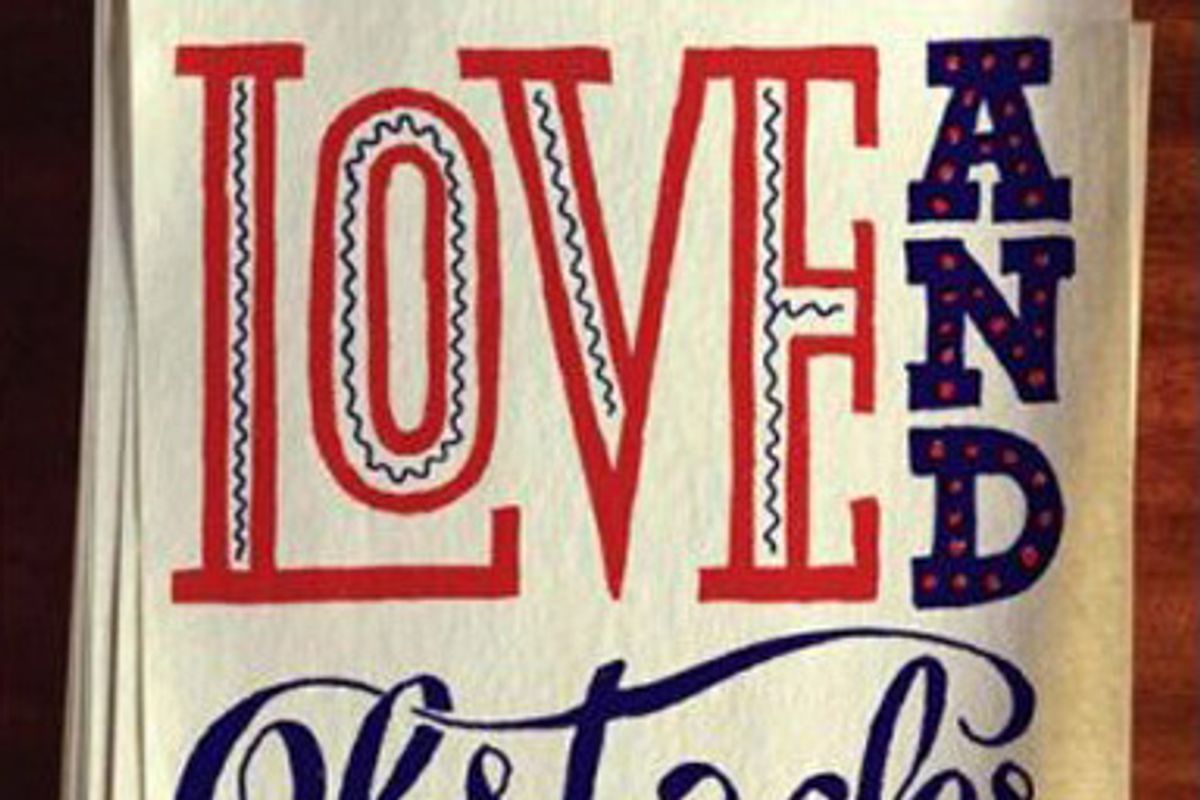"You eastern Europeans," says a character in Aleksandar Hemon's novel "Nowhere Man," "are pretty weird." Tell us about it.
By now, readers of Hemon's three previous books -- "The Question of Bruno" (2000), "Nowhere Man" (2002) and "The Lazarus Project" (2008) -- know his story. Born in Sarajevo, he came to the U.S. in 1992 at age 28 on a cultural visa and, scheduled to return home to Bosnia, found that the Yugoslav army was bombarding his homeland. Hemon was granted political asylum and chose to live in Chicago, supporting himself with various jobs that ranged from dishwashing to private detective work. He learned English, he told interviewers, by making lists of words from Nabokov novels and began writing English only three years after he began to study it.
I tend to think that the Nabokov connection was a bit of a put-on that American and English critics (most notably James Wood in the New Yorker) bit on too easily. Unlike Nabokov, who learned English at an early age and studied at Cambridge, Hemon's language is American-English -- "chewing-gum American," as an obviously autobiographical character in his new book, "Love and Obstacles," puts it -- though laced with some oddly archaic terms (for example, "masticates," when "eating" would have more than sufficed). So too with Hemon's cultural signposts, nearly all of which are American. A cursory examination of his fiction reveals almost as many pop culture icons as in a Murakami novel -- Raymond Chandler, Sonic Youth and "As Time Goes By" (played by "a pony-tailed pianist" in an airport lounge) are dropped in "Love and Obstacles"; Miles Davis, Sinatra and assorted blues singers are mentioned in other works.
Hemon's characters, many of them displaced immigrants, are becoming familiar. They yearn for a vanished Sarajevo as it was in the '80s, described in "Nowhere Man" as "a beautiful place to be young ... [with] linden trees blooming as if they were never to bloom again ... the boys were handsome, the girls beautiful, the sports teams successful, the bands good, the streets felt as soft as a Persian carpet, and the Winter Olympics made everyone feel that we were at the center of the world."
Though the protagonist in "Love and Obstacles" goes unnamed -- the stories are told in the first person -- the biographical details and persona clearly reveal the narrator as Joseph Pronek, the author's alter ego who was introduced back in "The Question of Bruno." When characters in most fiction are labeled "survivors," it is generally an author's conceit, but God knows Hemon has earned the title. Survival in war-torn Bosnia has taken its toll. As Hemon describes him in an earlier work, "Pronek woke up with a vague, flabby erection and an itchy feeling that his life was happening to someone else."
Like those of the Irish writer Sebastian Barry, Hemon's novels and stories often revisit each other, reintroducing characters and telling old stories from new perspectives. And like many of Barry's characters, Hemon's tend to drink; scarcely a page goes by in "Love and Obstacles" without someone getting crocked on something -- whether to forget, remember or just for inspiration.
In "Stairway to Heaven," the narrator has just turned 16 and gets drunk for the first time. A year later, in "Everything," he's sent off by his parents to buy a freezer for the household and drinks away most of the money. In "Conductor" he is older but no wiser and gets smashed at the Iowa Writers Workshop with a Bosnian novelist, and in the final story, "The Noble Truths of Suffering," Pronek steals from his creator, identifying himself as the author of "Love and Obstacles," and gets drunk with a visiting American writer in Bosnia. The flow of alcohol might not be so disturbing if we weren't so aware that the main character is a stand-in for Hemon.
Like the character in Al Capp's "Li'l Abner" who was pursued by a dark cloud, the narrator carries his gloom around with him from country to country. The source of the gloom is no mystery; some of the flashbacks to wartime atrocities are horrible enough to make your hands numb from touching the pages.
Individually the stories in "Love and Obstacles" work, but it's hard not to feel that Hemon hasn't strained a bit to force their connections in order to present the book as a novel. (The designation "stories" is tucked down in the bottom right-hand corner of the cover, scarcely visible.) At times, Hemon's prose, too, sounds a bit strained as it never has in his earlier books. There are some magnificent lines: "Their room smelled of burnt sugar; the ceiling fan was dead" might qualify as the quintessential Hemon sentence. Or this: "Anthology veterans," at a poetry conference, "all wore the suffering faces of the sublime, as though they were forever imprisoned in the lofty dominion of poetry." Yet some phrases seem hurried and generic. "Tata worrisomely pouted" would have made Nabokov wince, and others, such as "wipe the misty windshields of memory," are a tad too poetic (they might have been written by the anthology veterans).
"Love and Obstacles" is superb fiction, but it's not a major artistic advance for Hemon. The farther away he has gotten from the blooming linden trees of his Sarajevo youth, the less vivid his vision seems to be. His alter ego, though, is a tough middle-aged bird, and it will be interesting to see if he not only endures but prevails. In a 21st century America that is becoming increasingly like late 20th century Eastern Europe, his survival skills may give him an advantage.



Shares